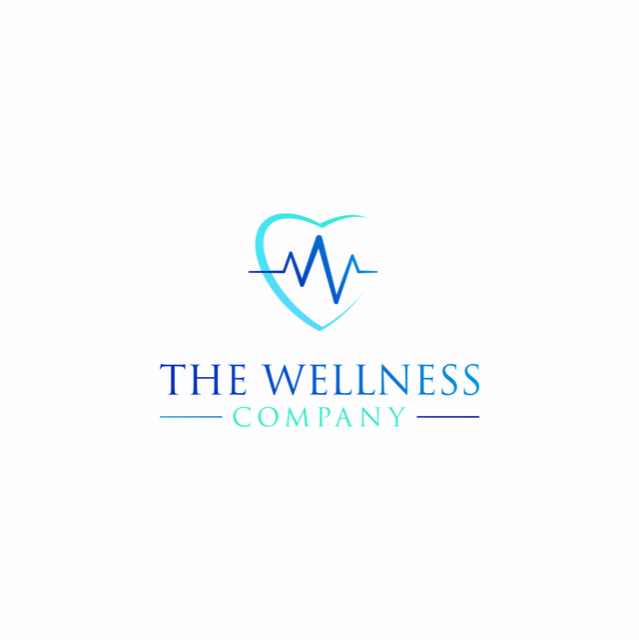Defining Wellness in the 21st Century

Wellness is a word that is frequently used but seldom defined.
Is it the absence of disease? Is it the presence of vitality? Is it confined to the physical, or does it extend to the psychological and spiritual?
To formulate a definition, let’s explore the lens through which the medical establishment has traditionally viewed it.
In the 20th century, the biomedical model dominated healthcare
This model views the human body much in the same way as a mechanic views the engine of a car – a set of components that if broken, can be physically adjusted.
This model ignores any problem that can’t be chalked up to biological derangement.
Under this paradigm, for example, psychiatrists view mental illness as a disease of a broken brain, stemming solely from a neurochemical imbalance.
In this approach, the healthcare provider is a mechanic who fixes the patient, a passive recipient of care.
We owe a debt of gratitude to the biomedical model
Its narrow focus on the biological manifestations of disease has enabled us to find cures for many terrible diseases [1] and to eradicate others [2].
Recent thinking, however, suggests that the biomedical model is insufficient to define wellness as a holistic concept.
This is not just a theoretical problem: the tendency to look to pharmaceuticals to cure all ailments has caused serious problems of its own, including over-prescription, addiction, and the failure to consider alternative modalities to treat human suffering.
More recently, a paradigm called the biopsychosocial model has grown in favor
This model encompasses three facets of the human condition:
Biological, Psychological, and Social [3].
While this model doesn’t ignore biological drivers of disease, it acknowledges psychological factors such as autonomy and meaning, and emphasizes the social, economic, and other systems which impact wellness.
A concrete example might clarify the difference between these paradigms: a biomedical practitioner reflexively prescribes a drug to correct an anxious person’s presumably faulty brain chemistry.
A biopsychosocial practitioner asks why that person feels anxious.
The first practitioner adjusts the dial of a biological switch.
The second practitioner evaluates a person’s life on several dimensions: how is their sleep, nutrition, and exercise? Are they lonely? Do they have meaning and autonomy in their work?
The first practitioner treats the downstream biological consequences of a life off-kilter. The second seeks to address the root causes upstream.
Maybe to you, wellness means having six-pack abs and hitting personal bests at the gym. Maybe it means being healthy enough to play with your grandkids or to engage deeply with your church community.
Regardless of the form it takes, a modern definition of wellness recognizes that a human being is less like a machine and more like a complex ecosystem – with biological, psychological, and social needs.
In the 21st century, to be well is to live at the center of an ecosystem that has everything it needs to thrive.
We invite you to reflect on your own wellness ecosystem. What small tweaks could you make – today – to enhance it?



